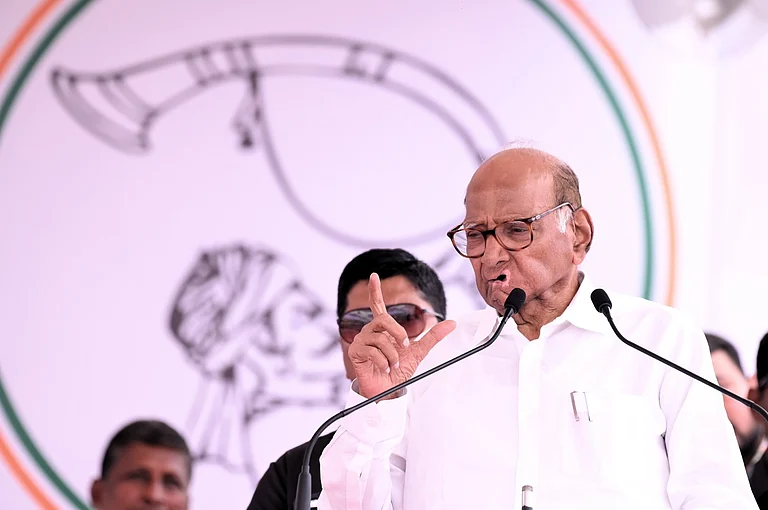WILL Air-India ground its 17-strong Boeing 747 fleet? This question was repeatedly put to Indian aviation officials last week after preliminary observations made by the US National Transportation Safety Board (NTSB) about the TWA air crash in July suggested that it may have been caused by an explosion in the fuel tank, thereby discounting theories that the Boeing was hit by a missile or a bomb on board.
In the aftermath of the TWA disaster, in which 230 people were killed soon after take-off from New York, and the Boeing-747-100 Saudia airplane crash over CharkhiDadri in Haryana, the issue has assumed much significance. Western media reports quoted the NTSB chief, Bernard Loeb, as saying that the build-up of static electricity was a "very possible source" of the TWA explosion.
The NTSB also wrote to the American Federal Aviation Authority (FAA) listing urgent modifications to be made in the central fuel tanks of modern Boeing-747s and other aircraft with similar tank designs. Investigators believe that fuel vapour in an empty tank of the TWA 800 caused the mid-air explosion, but are not clear about precisely what led to this.
This has caused something of a panic around the world. Last fortnight British MPs said there was enough reason for airlines all over the world to ground 747s. There is much concern in India, too, as Air-India is hugely dependent on its Boeing-747s. Of a total fleet strength of 28, it has nine 747-200s, two 747-300s and six 747-400s. The other aircraft in its kitty are 11 Airbuses—eight 310s and three 300s.
But even as there were signs that the Indian aviation establishment was not going to take the initiative in grounding its 747 fleet, its officials were closely monitoring the situation. Says Director-General of Civil Aviation (DGCA) H.S. Khola: "On the basis of initial findings alone it would be difficult to ground the 747s. But I am taking a closer look. The question of taking Air-India's 747s off the air would come about only after the findings are complete."
According to some aviation experts, a statement from the FAA would be enough to ground 747s all over the world. But chances are that instead of junking the aircraft, significant modifications would be suggested in the fuel tank.
For its part, the Boeing company went on the backfoot. In a message to customers, it said: "It is important to remember that these are preliminary recommendations only, not the official NTSB recommendations, and do not presume to determine the cause of the accident. In addition, the FAA enforces recommendations and Boeing has not received any information from them."
It went on to assure customers: "The Boeing position where safety is concerned is that we should err on the side of caution, so we will take action to support directives from the FAA.... Some of the NTSB recommendations may involve issues with farreaching effects for the entire aviation industry. Therefore it is imperative that each recommendation be thoroughly reviewed, analysed and evaluated by all interested parties before any changes are implemented. Boeing will continue to support the NTSB in its ongoing investigation to determine how and why the accident occurred. The NTSB is the primary source for all information pertaining to the crash of the TWA flight."
What then is the position of Boeing, which along with Airbus Industrie is interested in Air-India's proposed plan to refurbish its ageing fleet? According to Air-India sources, the latest NTSB findings do not 'materially' effect the powerful Boeing bid to sell its aircraft as it is trying to sell the Boeing777, which is a state-of-the-art model.
But the next couple of months are going to be crucial. If the 747s are altered or grounded, Boeing's market credibility could be badly hit. Besides, the cost of changing the design could run into millions of dollars worldwide and would have to be borne by Boeing, which might also have to pay for the disruption caused by grounding.
The NTSB directive is expected to call for extra-insulation between the central fuel tank and the air conditioning unit to stop fuel vapours overheating as well as some fuel reserves in the tank to prevent vapour build-up. But clearly, within a week of Boeing and rival McDonell Douglas merging in a great American conglomeration, the NTSB findings have disrupted the party.


























